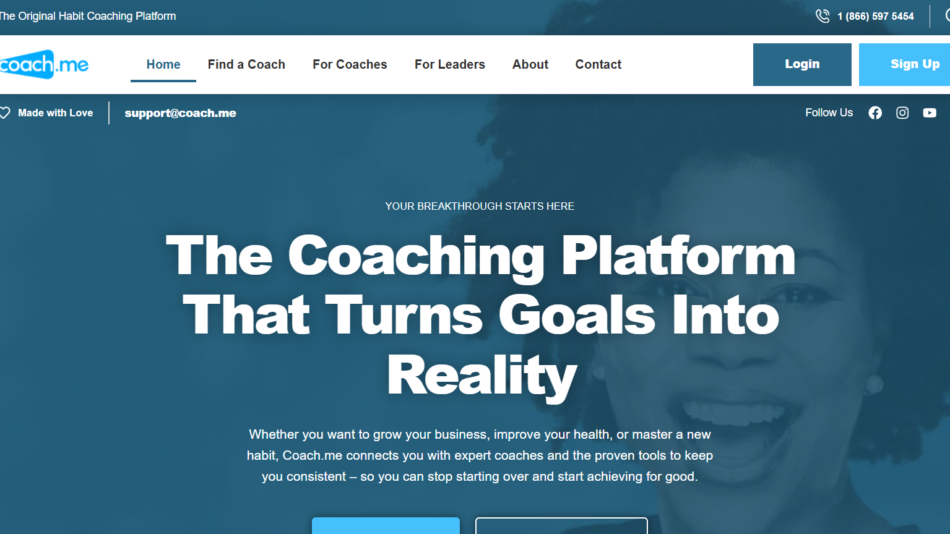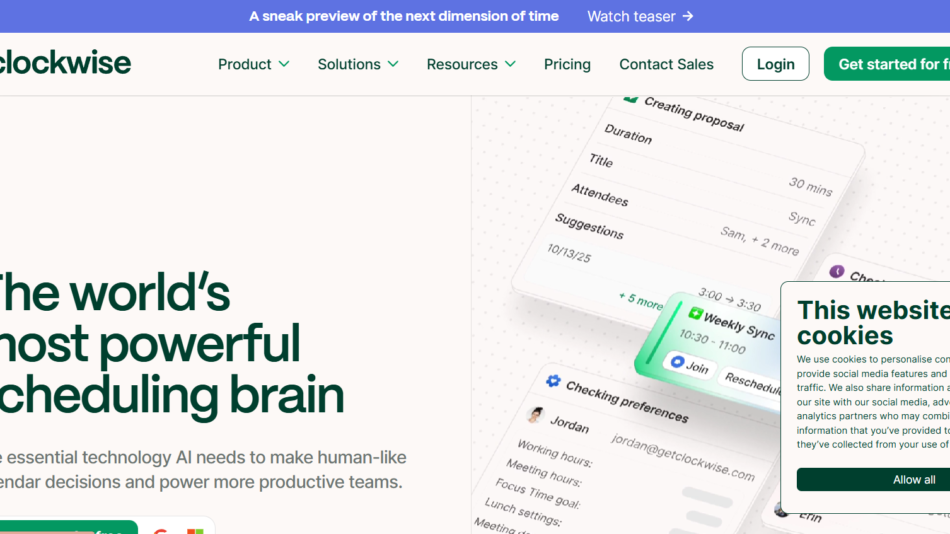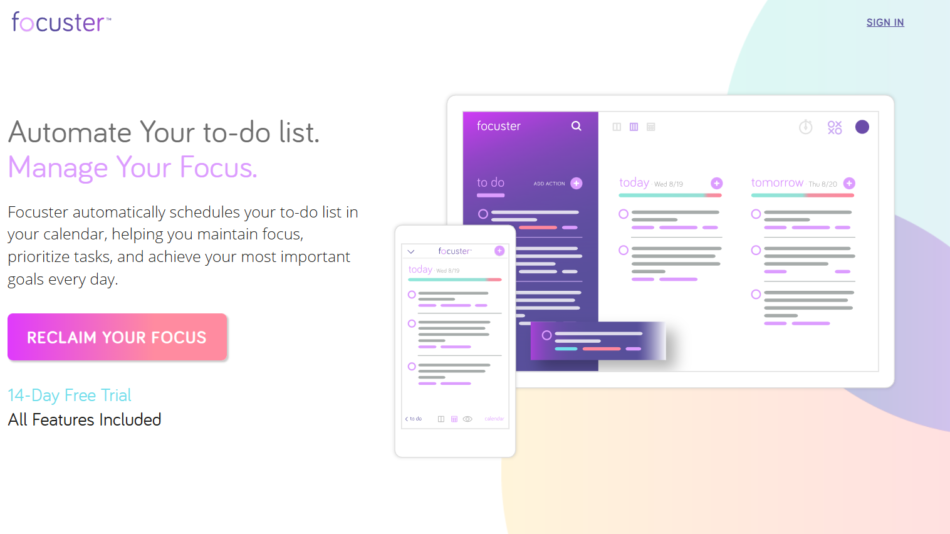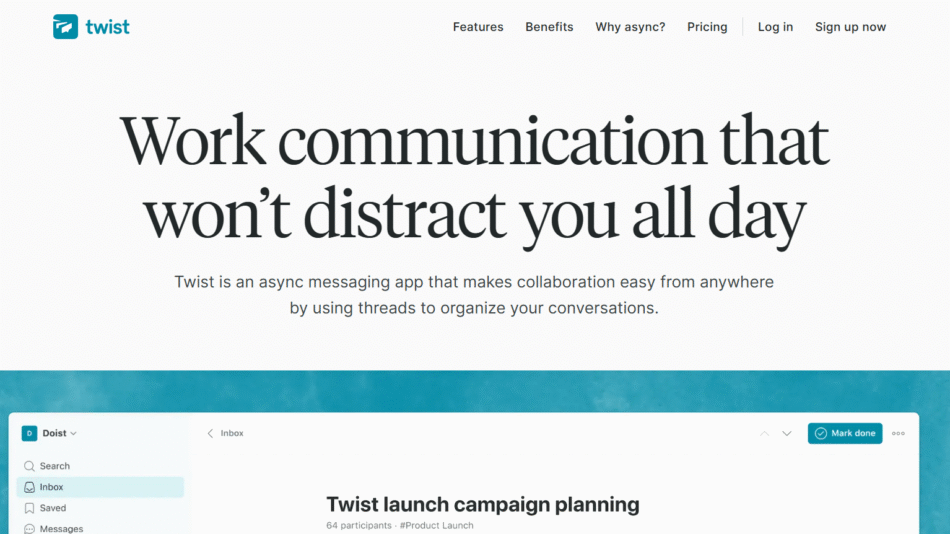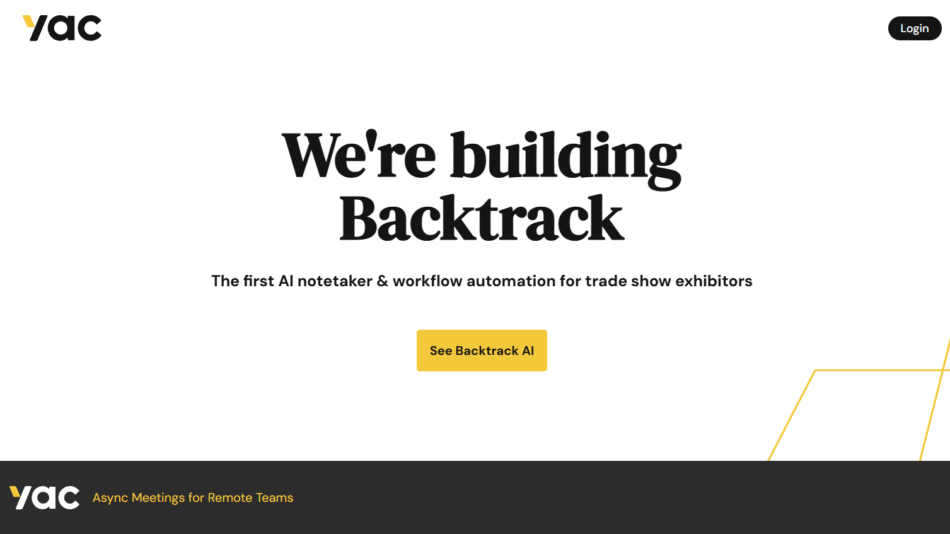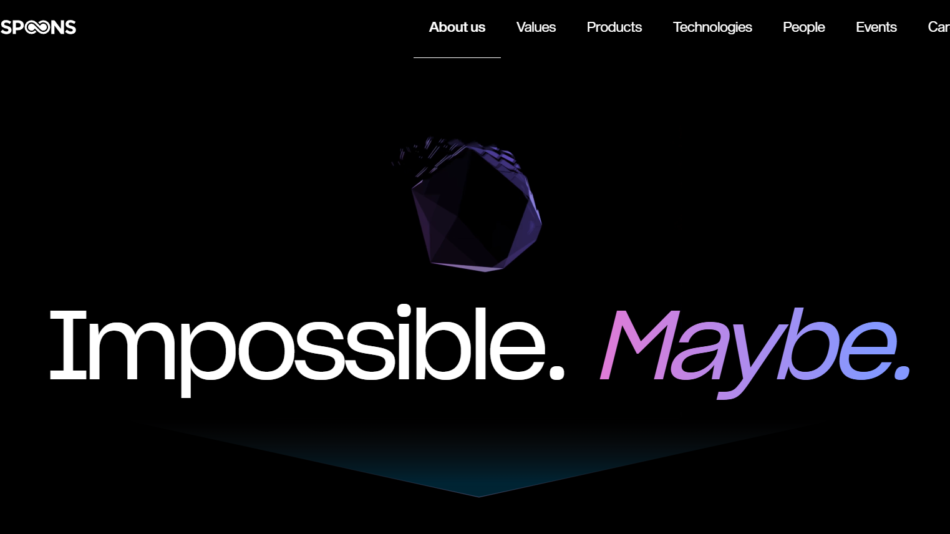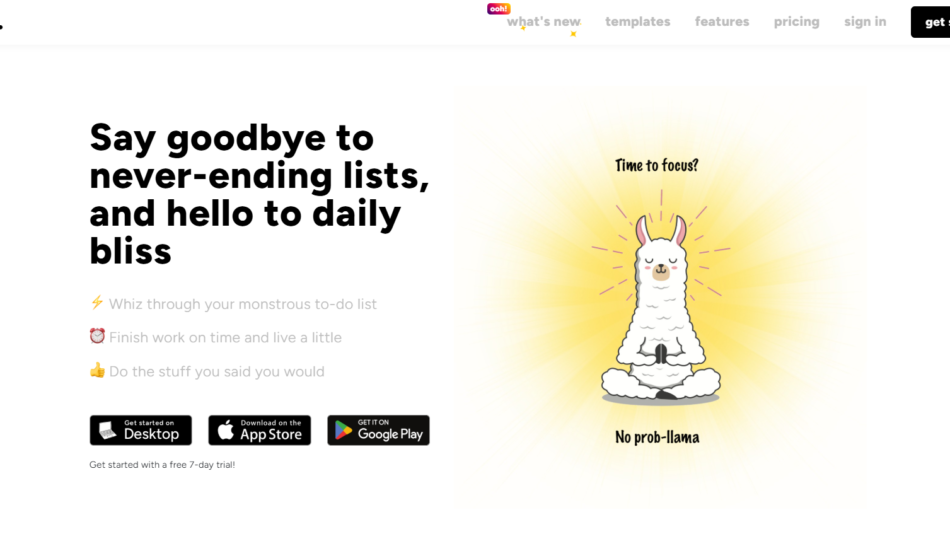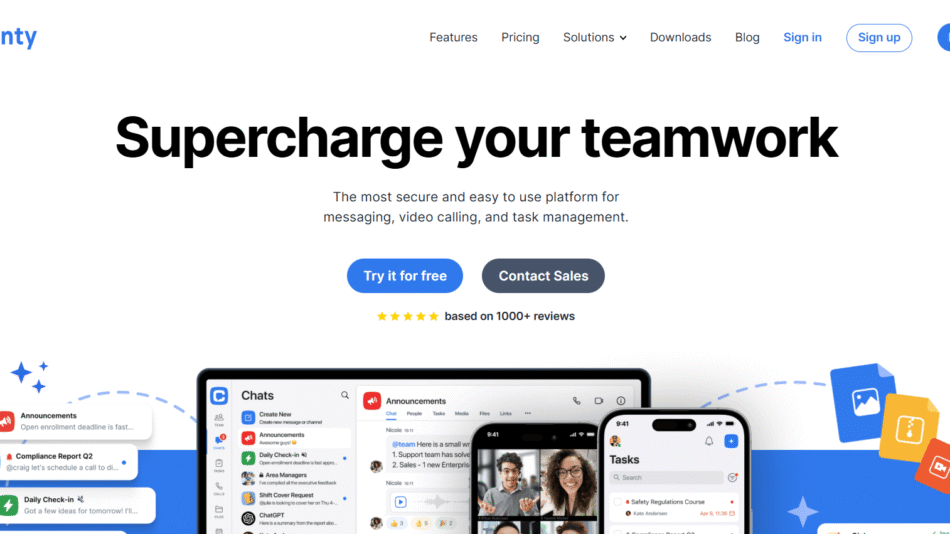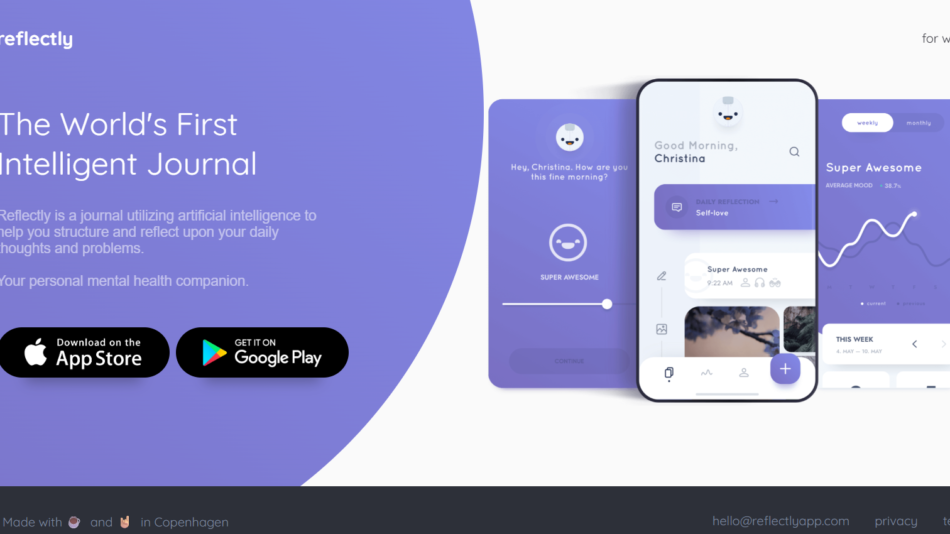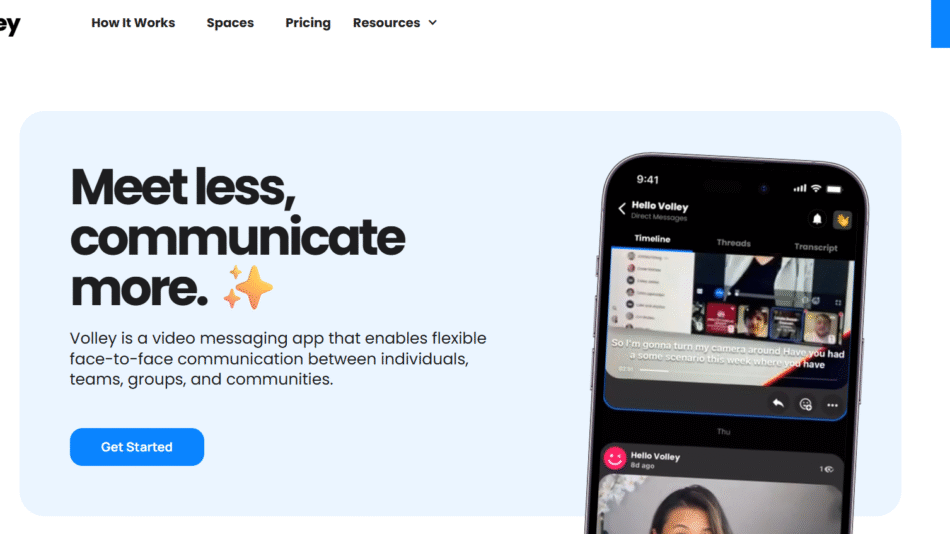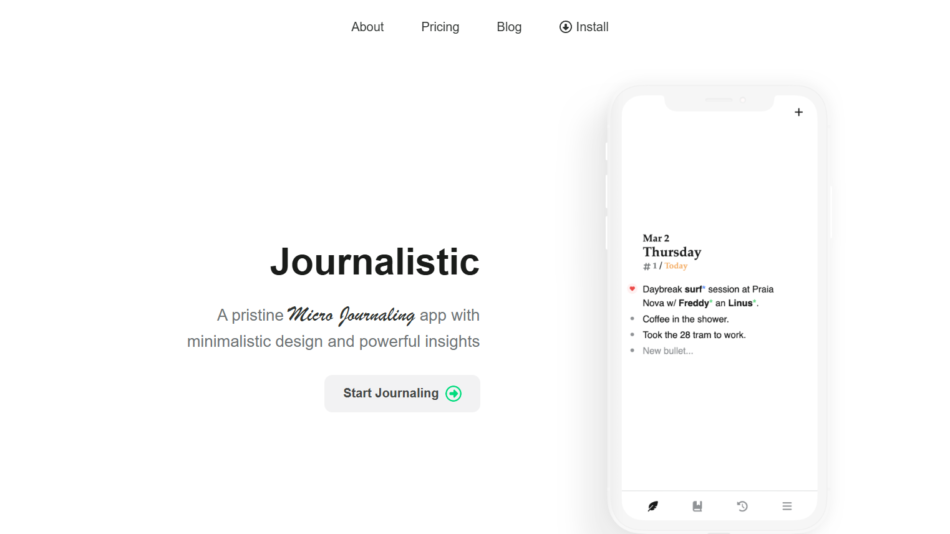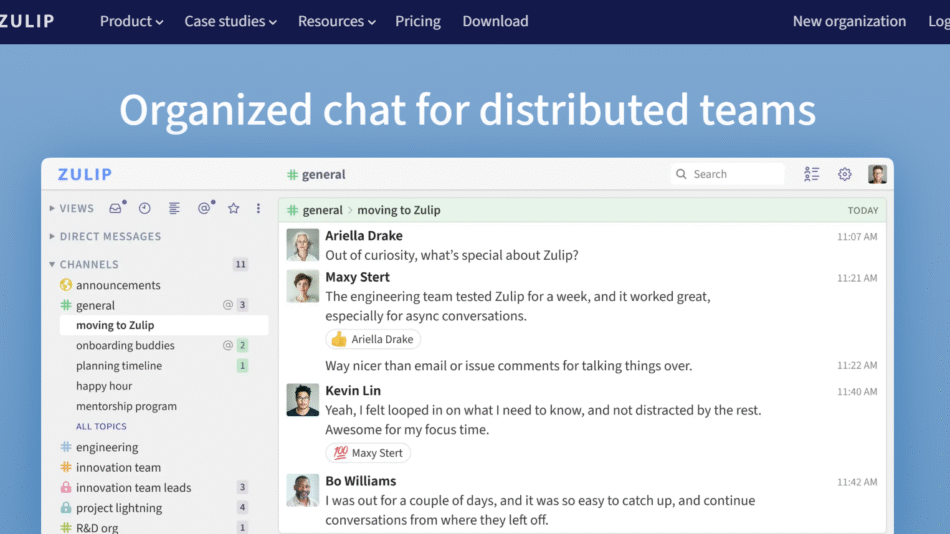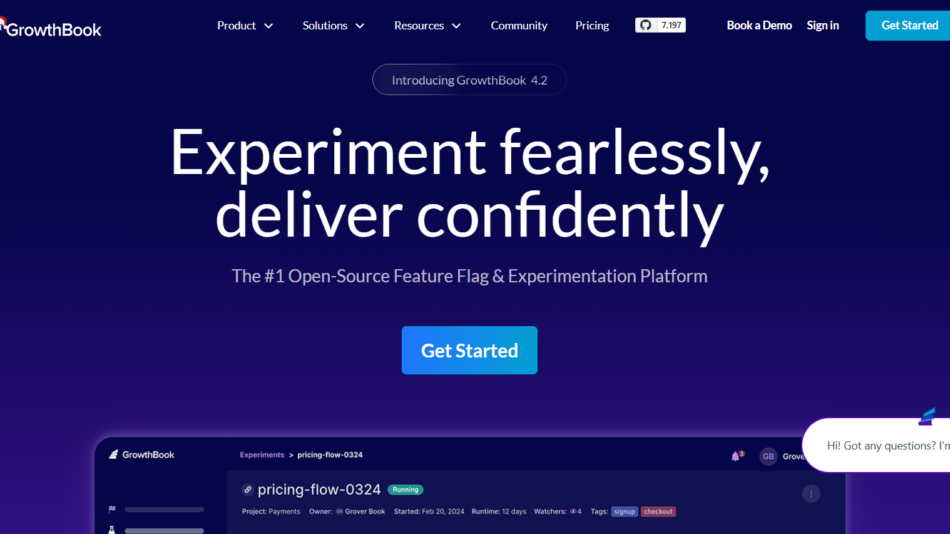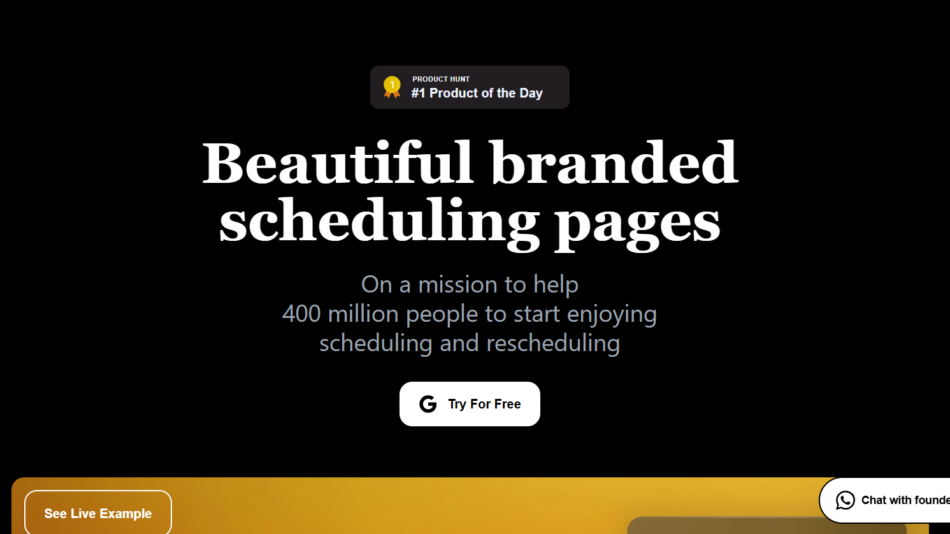Snorkel AI is a data-centric AI platform that enables enterprises to build and fine-tune high-performance machine learning models using programmatic data labeling, foundation model customization, and automated data operations. Originally developed out of the Stanford AI Lab, Snorkel AI revolutionizes traditional labeling workflows by allowing teams to create high-quality training data programmatically—without the need for manual annotation at scale.
With its enterprise-ready platform, Snorkel Flow, the company enables organizations to move faster from raw data to production-grade models by focusing on the quality and governance of data, rather than on black-box model tuning alone. Snorkel AI supports both structured and unstructured data (text, documents, etc.) and integrates seamlessly with large language models (LLMs) for tailored outcomes in regulated and complex industries.
Features
Snorkel AI offers a comprehensive feature set through its flagship product, Snorkel Flow:
Programmatic Labeling
Use labeling functions (LFs) to encode domain knowledge and label large datasets automatically, enabling fast and reproducible data creation.Label Model
Combine multiple weak labeling sources into high-quality probabilistic labels that train more accurate models than traditional heuristics.Foundation Model Adaptation
Fine-tune general-purpose LLMs on enterprise-specific data using custom labeling and task-specific prompts.Data Slice Management
Define and monitor important data subsets (e.g., rare cases, compliance risks) to evaluate model performance more precisely.Rich Analytics and Evaluation
Use built-in tools to measure label quality, model accuracy, and slice-wise performance for continuous improvement.Model Training and Deployment
Train models directly in Snorkel Flow or export labeled datasets to integrate with external MLOps pipelines and frameworks like Hugging Face or SageMaker.Collaborative Platform
Enable cross-functional collaboration among data scientists, subject-matter experts, and domain analysts with version-controlled projects.Data Privacy and Security
Built for regulated industries, Snorkel supports on-premises deployment and compliance with enterprise data governance policies.
How It Works
Import and Explore Data
Load structured or unstructured datasets into Snorkel Flow. Explore distributions, samples, and patterns.Write Labeling Functions (LFs)
Subject-matter experts write simple Python-based functions that encode labeling heuristics, patterns, or external knowledge.Train a Label Model
Snorkel combines the outputs of all LFs to generate a probabilistic label for each data point, capturing uncertainty and conflict between LFs.Train and Evaluate ML Models
Use these labeled datasets to train models inside Snorkel or export to preferred frameworks. Evaluate across defined data slices.Fine-Tune Foundation Models
Apply labeled data to adapt LLMs like GPT, LLaMA, or T5 for enterprise-specific tasks such as classification, extraction, or summarization.Deploy and Monitor
Deploy models with built-in integrations or export to external systems. Continuously monitor model performance and retrain as needed.
Use Cases
Snorkel AI is used across industries where large-scale, high-quality labeled data is critical but hard to obtain:
Financial Services
Automate compliance monitoring, transaction classification, and document extraction using labeled financial and regulatory data.Healthcare and Life Sciences
Extract insights from medical records, insurance forms, or clinical trial data using custom ML models with governed data pipelines.Legal and Risk
Build document classification or legal clause extraction models tailored to internal policies and legal standards.Government and Defense
Fine-tune foundation models for national security, intelligence, or defense applications with privacy and traceability.Technology and SaaS
Improve customer support classification, content moderation, and product analytics using enterprise-specific language patterns.Retail and E-Commerce
Label product descriptions, reviews, and customer feedback to enhance recommendation engines and search algorithms.
Pricing
Snorkel AI follows a custom enterprise pricing model. Pricing typically depends on:
Size and complexity of datasets
Number of users and teams
Deployment preferences (cloud or on-premises)
Model training and foundation model support
Level of integration and technical support required
To receive a tailored quote or request a demo, organizations can contact the Snorkel AI team via https://snorkel.ai/contact/.
Strengths
Eliminates manual labeling bottlenecks through programmatic automation
Built-in label quality analysis and slice-based performance evaluation
Integrates well with LLMs and foundation model workflows
Designed for enterprises with strict compliance and governance needs
Accelerates model development while improving reliability
Scalable for large datasets and diverse domains
Drawbacks
Requires technical familiarity with labeling functions and Python
Primarily focused on enterprises and regulated industries
No self-serve or publicly available pricing
Initial setup may require guidance for domain experts unfamiliar with programmatic labeling
Comparison with Other Tools
Snorkel AI differentiates itself from platforms like Labelbox, Scale AI, or AWS SageMaker Ground Truth by focusing on programmatic rather than manual data labeling. Instead of using human annotators at scale, Snorkel enables subject-matter experts to define rules that apply across datasets—greatly reducing time and cost.
Compared to foundation model providers like OpenAI, Snorkel offers enterprise control, fine-tuning, and interpretability, allowing organizations to tailor models to internal workflows with full transparency and governance.
Customer Reviews and Testimonials
Snorkel AI is used by top enterprises including Chubb, BNY Mellon, Google, and the U.S. Department of Defense. According to published case studies:
Chubb used Snorkel to reduce data labeling time by over 80% for commercial insurance document processing.
A Fortune 100 financial institution deployed Snorkel to accelerate compliance automation while maintaining auditability.
Public sector organizations used Snorkel Flow for sensitive document classification with controlled data access.
The platform consistently receives praise for speeding up development, increasing model performance, and improving trust in AI outcomes.
Conclusion
Snorkel AI brings a transformative approach to enterprise AI by prioritizing the quality, structure, and traceability of data—not just model architectures. Its programmatic labeling, foundation model adaptation, and enterprise compliance capabilities make it ideal for organizations looking to build accurate, scalable, and trustworthy AI systems.
By enabling domain experts to programmatically label data and fine-tune models faster than ever, Snorkel AI is redefining how the world builds machine learning solutions—especially in industries where precision and governance are non-negotiable.

